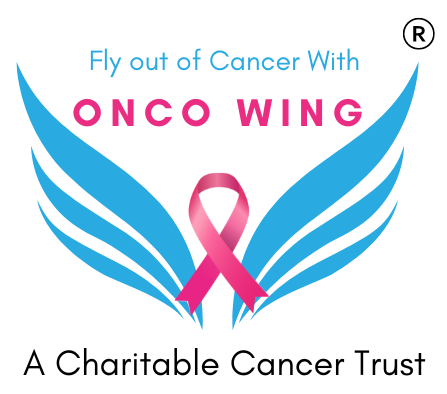
Targeted Therapy
Targeted therapy is a type of cancer treatment that uses drugs or other substances to precisely identify and attack cancer cells while minimizing damage to normal cells. It differs from traditional chemotherapy in that it focuses on specific molecular targets associated with cancer rather than affecting all rapidly dividing cells.
We understand that a cancer diagnosis can be overwhelming, and we are committed to providing education, support, and guidance throughout your treatment journey.
Here’s an overview:
Key Features of Targeted Therapy
- Mechanism of Action:
- Targeted therapies work by interfering with specific molecules involved in tumor growth and progression. This can include blocking growth factor receptors, inhibiting signal transduction pathways, or inducing apoptosis (programmed cell death) in cancer cells.
- Personalized Treatment:
- Many targeted therapies are designed for specific types of cancer based on genetic mutations or other biomarkers. This personalization can lead to more effective treatment and fewer side effects.
Types of Targeted Therapy
- Monoclonal Antibodies:
- These are laboratory-made molecules that can specifically bind to cancer cell proteins. They can mark cancer cells for destruction or block growth signals.
- Examples: trastuzumab (Herceptin) targets HER2 in breast cancer; rituximab (Rituxan) targets CD20 in certain lymphomas.
- Small Molecule Inhibitors:
- These drugs are typically taken orally and can penetrate cells to interfere with specific intracellular processes.
- Examples: imatinib (Gleevec) targets BCR-ABL fusion protein in chronic myeloid leukemia; erlotinib (Tarceva) targets EGFR in non-small cell lung cancer.
- Hormone Therapies:
- These target hormone receptors in cancers like breast and prostate cancer, inhibiting the effects of hormones that promote cancer growth.
- Examples: tamoxifen for estrogen receptor-positive breast cancer; enzalutamide for prostate cancer.
Benefits
- Less Toxicity: Targeted therapies often have fewer side effects compared to traditional chemotherapy because they focus on specific cancer cells.
- Efficacy: By targeting specific genetic mutations or pathways, these therapies can lead to better outcomes for patients with certain types of cancer.
- Combination Potential: Targeted therapies can be used alongside other treatments (like chemotherapy or immunotherapy) to enhance effectiveness.
Side Effects
While generally milder than chemotherapy, targeted therapies can still cause side effects, including:
- Skin Reactions: Rash, dryness, or itching.
- Gastrointestinal Issues: Nausea, diarrhea, or liver function abnormalities.
- Fatigue: Similar to other cancer treatments, fatigue can occur.
Monitoring and Follow-Up
Regular monitoring is essential to assess the effectiveness of targeted therapy and manage any side effects. Genetic testing and biomarker analysis are often conducted to ensure that the therapy is appropriate for the patient’s specific cancer.
